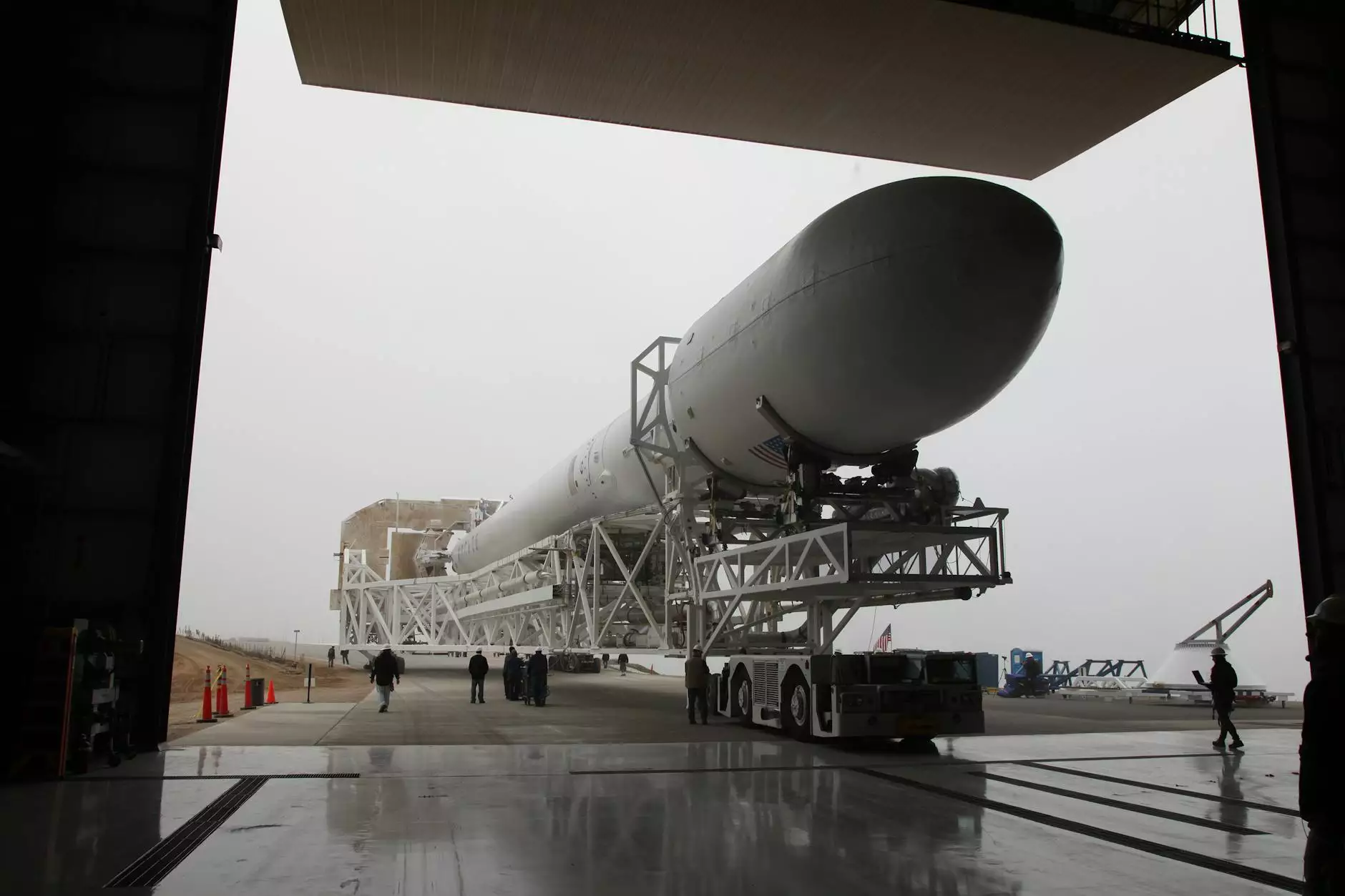Director of Operations vs COO: Understanding the Difference

Introduction
When it comes to running a successful small business, having a clear understanding of the different roles within an organization is essential. In the world of business consulting, two key positions that play a vital role in the smooth operation and growth of a company are the Director of Operations and the Chief Operating Officer (COO).
Director of Operations
The Director of Operations is responsible for overseeing the day-to-day activities of a company. This role entails managing various operational functions, optimizing processes, and ensuring that the daily operations align with the overall strategic goals of the organization. Their primary focus is on improving efficiency, reducing costs, and enhancing productivity.
Directors of Operations are typically involved in creating and implementing operational policies, procedures, and systems. They work closely with department heads to identify areas for improvement and develop strategies to achieve optimal operational performance. This role requires strong leadership skills, effective communication, and the ability to analyze data to make informed decisions.
COO - Chief Operating Officer
The Chief Operating Officer (COO) is a higher-level executive responsible for managing the day-to-day operations of the entire organization. Unlike the Director of Operations, the COO's focus extends beyond the operational aspects and encompasses broader responsibilities, including strategic planning, business development, and overall organizational performance.
As a key member of the executive team, a COO collaborates closely with other C-level executives and the CEO to define and execute the company's vision and mission. They play a crucial role in aligning all operational functions with the long-term goals and objectives of the organization.
Differences
Responsibilities
While both the Director of Operations and the COO are involved in managing operations, the key difference lies in their scope of responsibilities. The Director of Operations focuses on the day-to-day activities, ensuring effective implementation of operational processes, managing teams, and optimizing efficiency at a departmental level. On the other hand, the COO takes a more strategic approach, overseeing the entire organization's operations and working closely with the CEO to drive high-level decision-making.
Decision-Making Authority
In terms of decision-making authority, the COO typically holds more power. As a senior executive, the COO has the final say on critical matters, often involving resource allocation, budgeting, and major strategic initiatives. The Director of Operations, while playing a substantial role in decision-making, operates within a defined scope and reports to the COO or CEO.
Level of Leadership
The Director of Operations primarily focuses on leading operational teams, ensuring smooth workflows, and achieving departmental goals. While their leadership role is crucial, the COO operates at a higher level of leadership, overseeing multiple departments and aligning them towards common organizational objectives. The COO is often seen as the second-in-command and acts as a bridge between the operational teams and senior management.
Conclusion
In the world of business consulting, understanding the differences between the Director of Operations and the COO plays a critical role in making informed decisions for your small business. While both positions contribute to the overall success of an organization, the COO's role spans beyond operational functions, encompassing strategic development and decision-making at the highest level. By leveraging the unique skills and expertise of these positions, small businesses can effectively manage their operations and drive growth in today's competitive market.
director of operations vs coo







